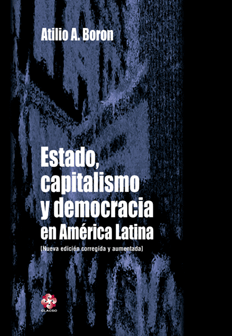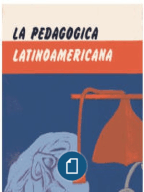Europa / España/agosto del 2016/www.eltemplodelasmilpuertas.com
Sinopsis:
Se podría decir que Mía lo tenía todo: unos padres que la querían y la apoyaban, un encanto de hermano pequeño, un novio que la adoraba y compartía su amor por la música, una plaza en la prestigiosa escuela de música neoyorquina Julliard, y un futuro más que prometedor como violonchelista. Pero una mañana de invierno, un sencillo paseo en coche con su familia se convierte en una pesadilla y Mía lo pierde todo. Confundida y desconcertada, despierta tras el accidente fuera de su cuerpo, como un fantasma. Aún no ha muerto, pero está malherida. A partir de ahí comienzan veinticuatro horas de incertidumbre. ¿Decidirá Mía dejarlo todo e irse con su familia, o volverá al mundo de los vivos junto a su novio Adam, su mejor amiga Kim y sus abuelos? ¿Qué decidirá: vivir o morir?
Mía nos va relatando de primera mano todo lo que ve en el hospital con sus ojos de fantasma y, al mismo tiempo, a través de flash-backs vamos conociendo detalles de su vida pasada y nos va presentando al resto de personajes: Adam, Kim, Teddy, sus padres, sus abuelos.
Aunque Salamandra publicó Si decido quedarme en su colección de adultos, Gayle Forman escribe fundamentalmente juvenil, género con el que saltó a la fama en 2009 gracias a esta novela. Sin ahondar en el drama y con un estilo sencillo, pero muy expresivo, la autora consigue hacer partícipe al lector del gran dilema de la protagonista, implicándole en la vida de Mía de tal manera que puede sentir lo duro de la decisión que tiene que tomar como si fuera propia. No es un libro lento, a pesar de las muchas reflexiones que contiene, y los continuos saltos del presente al pasado tampoco dificultan la lectura. De hecho, estos cambios temporales resultan fluidos, ayudando así también a crear un ritmo continuo en la narración.
La trágica historia de Mía supone una corriente continua de emociones. Es una historia que llega al corazón de quien la lee y no deja indiferente a nadie. Tampoco a la propia autora que, sintiendo que sus personajes aún tenían historia que contar, decidió escribirla en Where she went, publicado en 2011 y cuya llegada a España se espera para otoño.
Por Cris Menéndez
papalbina(a)eltemplodelasmilpuertas(punto)com
Fuente:
http://www.eltemplodelasmilpuertas.com/critica/si-decido-quedarme-si-decido-quedarme/588/
Fuente imagen:
http://www.eltemplodelasmilpuertas.com/biblioteca/portadas/lil_0sidecidoquedarme.jpg












 Users Today : 59
Users Today : 59 Total Users : 35459965
Total Users : 35459965 Views Today : 74
Views Today : 74 Total views : 3418539
Total views : 3418539